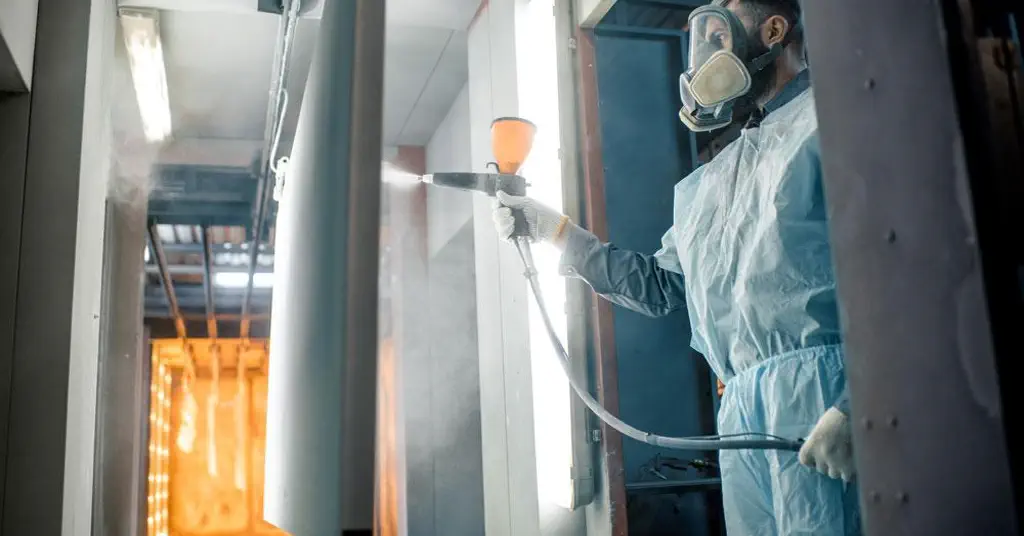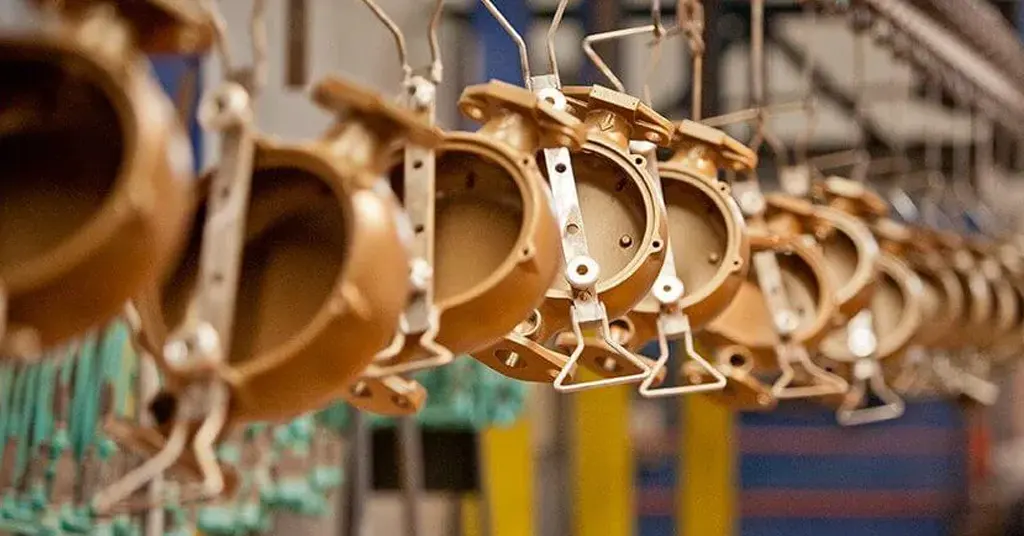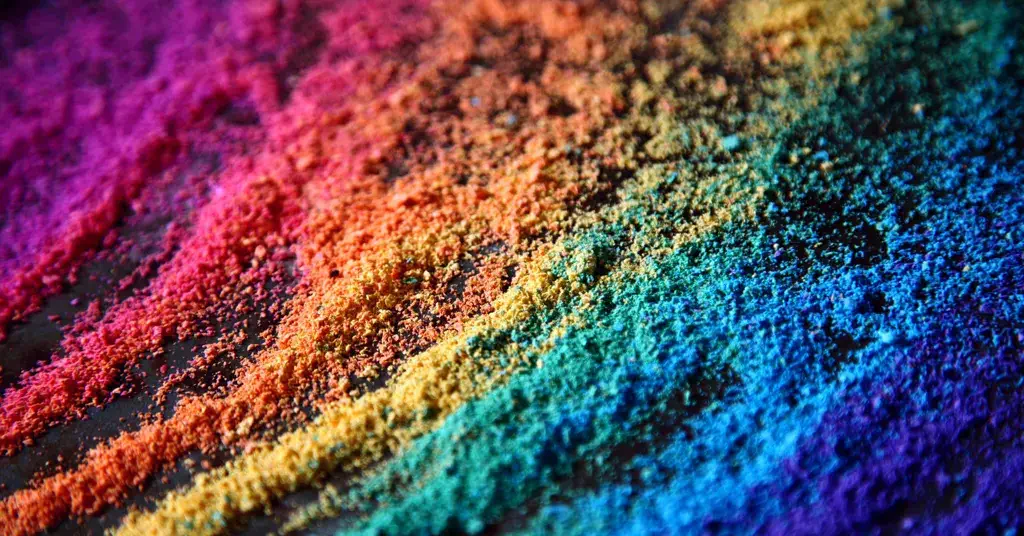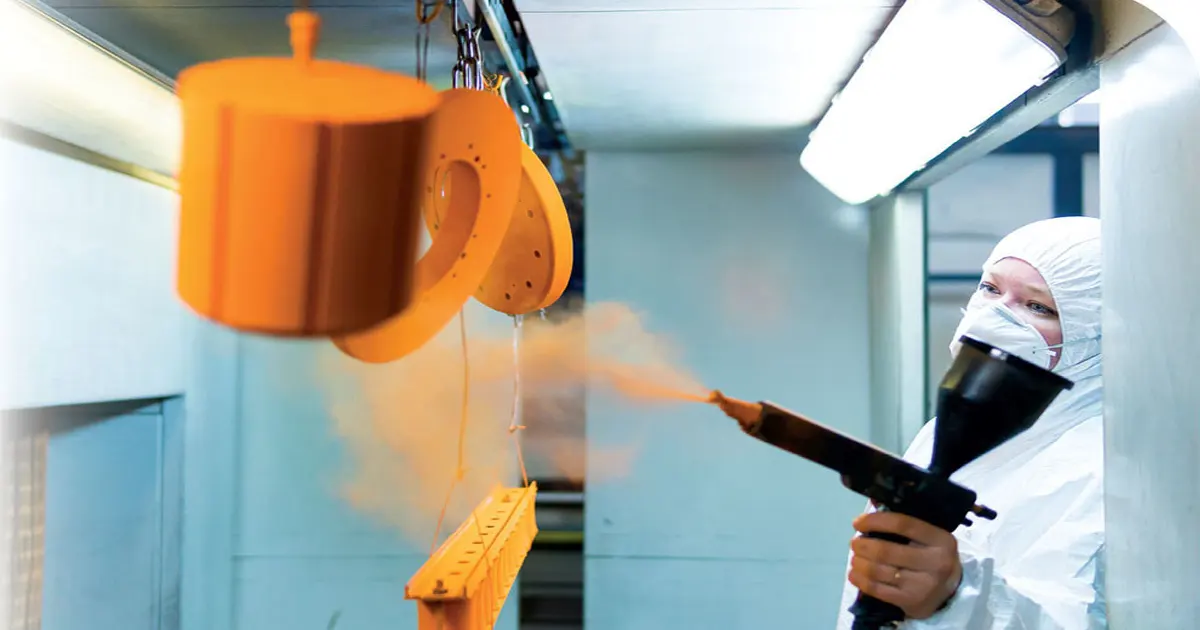Common types and characteristics of powder coatings for ship steel
Marine steel surfaces face extreme conditions. Saltwater, humidity, and UV exposure can cause corrosion, leading to safety risks and high maintenance costs. Powder coatings are a reliable solution for corrosion protection in marine environments.
But not all powder coatings are the same. Choosing the right type is critical for ships, offshore platforms, and marine equipment. This article explores the most common types of powder coatings for marine steel, their key features, and their applications.
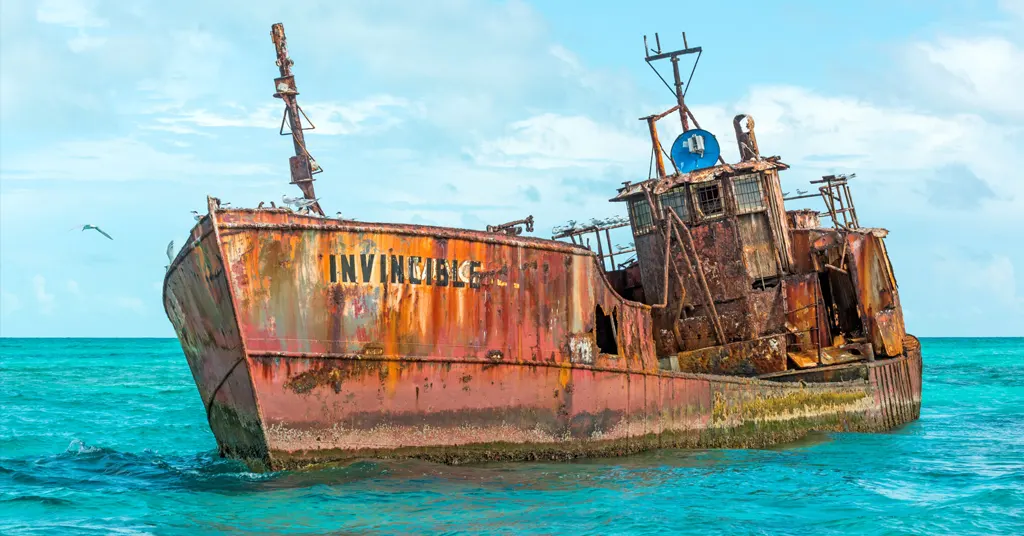
Why Powder Coatings Are Ideal for Marine Steel
Powder coatings are dry finishes applied as a powder and cured under heat. They provide durable, eco-friendly protection for steel surfaces. In marine applications, powder coatings offer:
- Corrosion Resistance: They protect steel from rust caused by saltwater and humidity.
- UV Resistance: They withstand sunlight exposure without fading or cracking.
- Chemical Resistance: They resist damage from marine chemicals and pollutants.
- Impact Resistance: They handle mechanical stress from waves and equipment.
Understanding the types of powder coatings helps you choose the best option for your marine steel surfaces.
Epoxy powder coatings are widely used in marine applications. They are known for their excellent corrosion resistance and adhesion.
Key Features:
- Corrosion Resistance: Epoxy coatings create a strong barrier against water, oxygen, and salts. They are ideal for underwater steel surfaces.
- Chemical Resistance: They withstand exposure to acids, alkalis, and marine pollutants.
- Adhesion Strength: Epoxy coatings bond tightly to steel, even in harsh conditions.
- Durability: They resist wear and tear, making them suitable for high-stress marine environments.
Applications:
- Ship hulls below the waterline
- Marine pipelines and valves
- Offshore platform structures
Limitations:
Epoxy coatings are less UV-resistant. They may chalk or fade when exposed to sunlight. For above-water surfaces, consider combining them with a UV-resistant topcoat.
Key Features:
- UV Resistance: Polyester coatings maintain their appearance and integrity under intense sunlight.
- Weather Resistance: They resist cracking, peeling, and fading in marine weather conditions.
- Aesthetic Appeal: Available in various colors and finishes, they enhance the look of marine structures.
-
Moderate Corrosion Resistance: While not as strong as epoxy coatings, they provide adequate protection for above-water surfaces.
Applications:
- Ship decks and railings
- Marine equipment exposed to sunlight
- Decorative steel components
Limitations:
Polyester coatings are less chemical-resistant than epoxy coatings. They may not be suitable for underwater or highly corrosive environments.
Epoxy-polyester hybrid coatings combine the strengths of epoxy and polyester coatings. They offer balanced corrosion and UV resistance.
Key Features:
- Corrosion Resistance: The epoxy component provides a strong barrier against rust and chemicals.
- UV Resistance: The polyester component improves weatherability and color stability.
- Versatility: Suitable for both indoor and outdoor marine steel surfaces.
- Cost-Effective: Hybrids are often more affordable than pure epoxy or polyester coatings.
Applications:
- Ship interiors and cabins
- Ship interiors and cabins
- Marine structures with moderate exposure to sunlight and saltwater
Limitations:
Hybrid coatings may not perform as well as pure epoxy coatings in highly corrosive environments. They are best for moderate conditions.
Polyurethane powder coatings are known for their toughness and flexibility. They offer excellent durability in marine environments.
Key Features:
- Impact Resistance: Polyurethane coatings withstand mechanical stress from waves, collisions, and equipment.
- UV Resistance: They resist fading and chalking under sunlight exposure.
- Abrasion Resistance: Ideal for high-wear areas like ship decks and loading zones.
- Gloss Retention: They maintain a smooth, glossy finish over time.
Applications:
- Ship decks and walkways
- Marine cranes and winches
- Steel surfaces exposed to heavy use
Limitations:
Polyurethane coatings are more expensive than other options. They may not be necessary for low-stress applications.
Zinc-rich powder coatings are designed for maximum corrosion protection. They contain zinc particles that act as a sacrificial anode.
Key Features:
- Galvanic Protection: Zinc corrodes preferentially, protecting the underlying steel from rust.
- High Corrosion Resistance: Ideal for steel surfaces in constant contact with seawater.
- Primer Layer: Often used as a base coat under epoxy or polyester topcoats.
- Long-Term Durability: Provides decades of protection in harsh marine environments.
Applications:
- Ship hulls and underwater steel components
- Offshore wind turbine foundations
- Marine pipelines and storage tanks
Limitations:
Zinc-rich coatings are typically used as primers, not standalone finishes. They require a topcoat for UV and aesthetic protection.
How to Choose the Right Powder Coating for Marine Steel
Selecting the right powder coating depends on several factors. Here’s what to consider:
- Environmental Conditions: Use epoxy or zinc-rich coatings for underwater surfaces. Choose polyester or polyurethane for above-water surfaces.
- UV Exposure: Prioritize polyester or polyurethane coatings for sunlight-exposed areas.
- Mechanical Stress: Opt for polyurethane coatings for high-wear surfaces like decks and equipment.
- Budget: Hybrid coatings offer a cost-effective balance of corrosion and UV resistance.
- Industry Standards: Ensure the coating meets marine standards like ISO 12944 or NORSOK M-501.
Consulting with a powder coating expert ensures you select the best product for your needs.
Conclusion
Powder coatings are essential for protecting marine steel surfaces from corrosion. Epoxy coatings excel in underwater applications, while polyester coatings offer UV resistance for exposed surfaces. Hybrid, polyurethane, and zinc-rich coatings provide additional options for specific needs.

Erik
Doctor of Chemical Engineering, expert in the field of powder coatings, with over 20 years of professional experience in the research and application of powder coatings
Have Anything To Ask Us?
